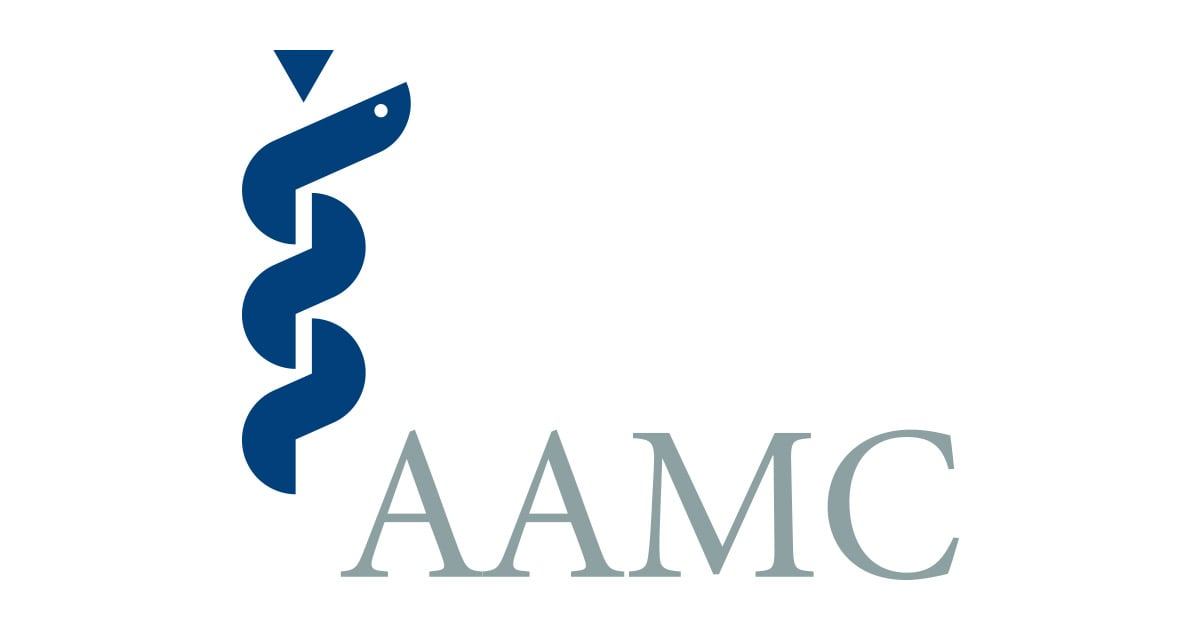Actually, no. You are quoting from a FAQ published on 7/8. I am quoting from
Addressing Concerns and Questions From MCAT® Examinees and Medical School Applicants
published on 7/10 and updated on 7/23. I am pretty sure that they removed more questions than only those that were experimental, based on the later document.
Addressing Concerns and Questions From MCAT® Examinees and Medical School Applicants
The Full-Length versus Shortened MCAT Exam
Students will still be tested on all four sections of the exam and will be responsible for demonstrating the same knowledge and skills at the same levels of difficulty as on the full-length exam.
While there is a small reduction in the number of test questions in each test section, the shortened exam maintains the same format and tests the same things as the full-length test. Students will receive the same scores on the shortened exam as they do on the full-length exam. They will receive five scores: one from each of the four sections and one combined total score. Additionally, scores from the shortened exam have the same precision and are reported with the same confidence bands as scores from the full-length exam. Admissions officers will know which students took the shortened exam. They understand that some of their applicants have had disrupted learning and experienced multiple disruptions in preparing for the MCAT exam. These events will be contextualized in the admissions process and many schools are adding a question to their secondary applications to collect information on how their applicants have been affected by the pandemic.

